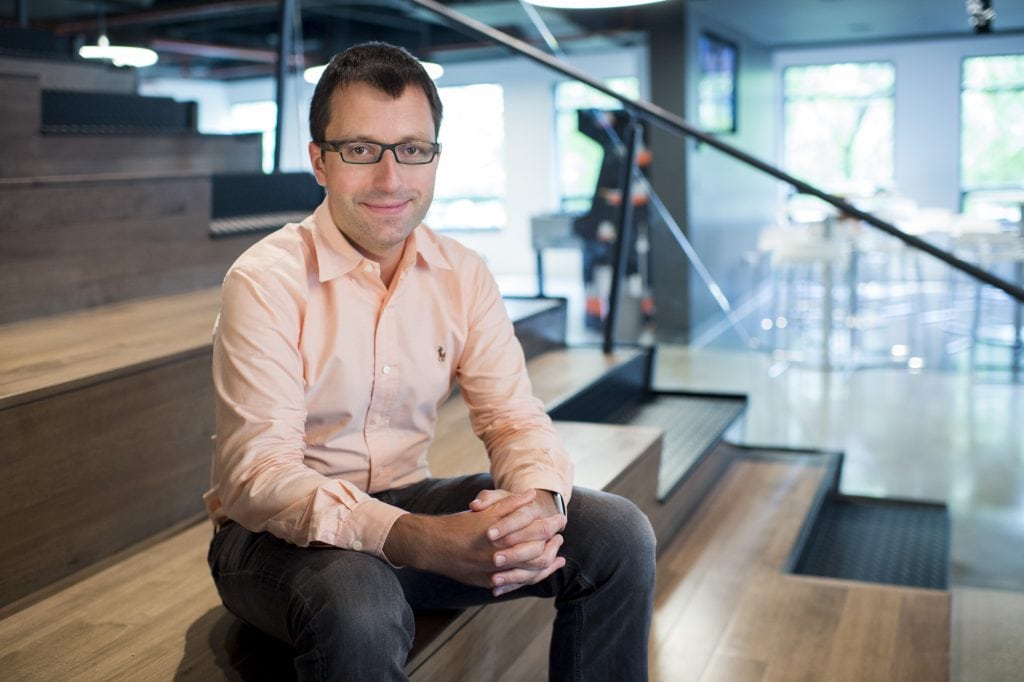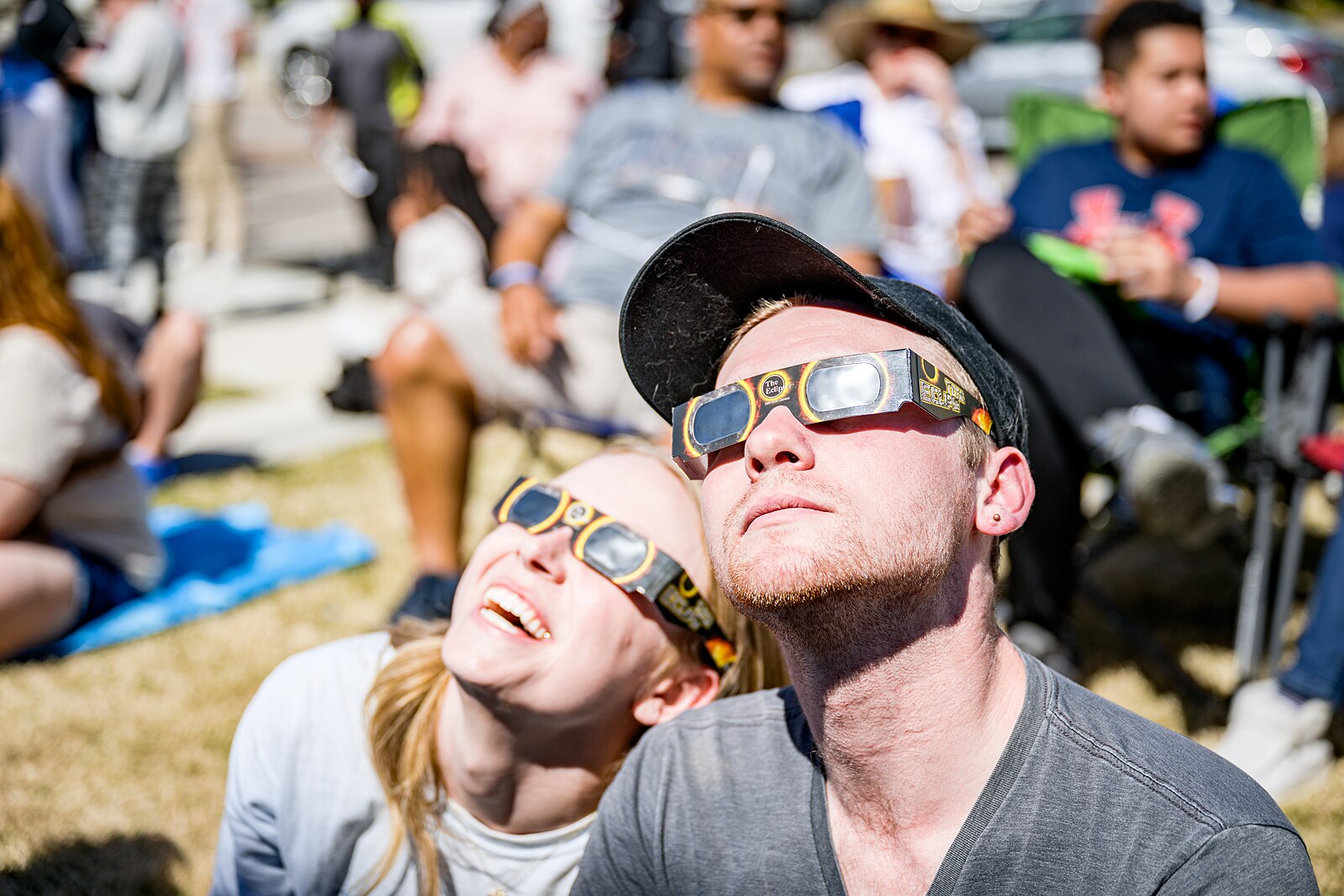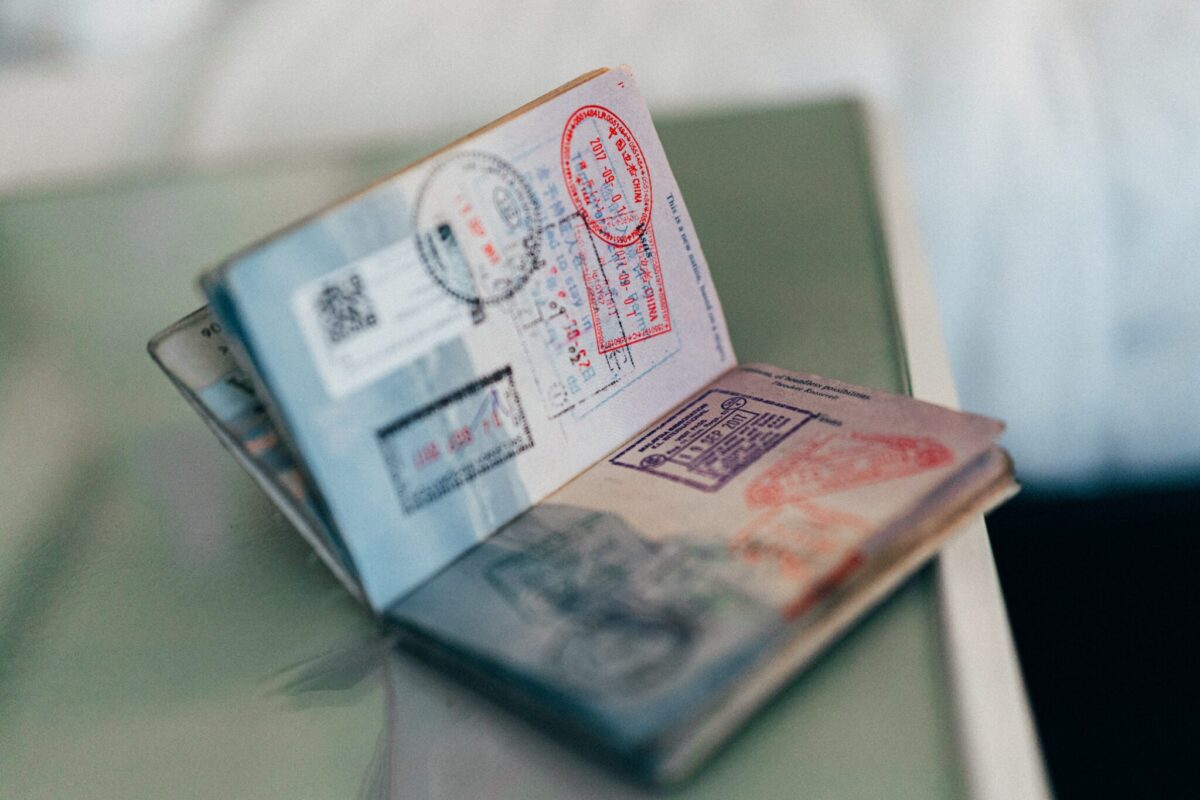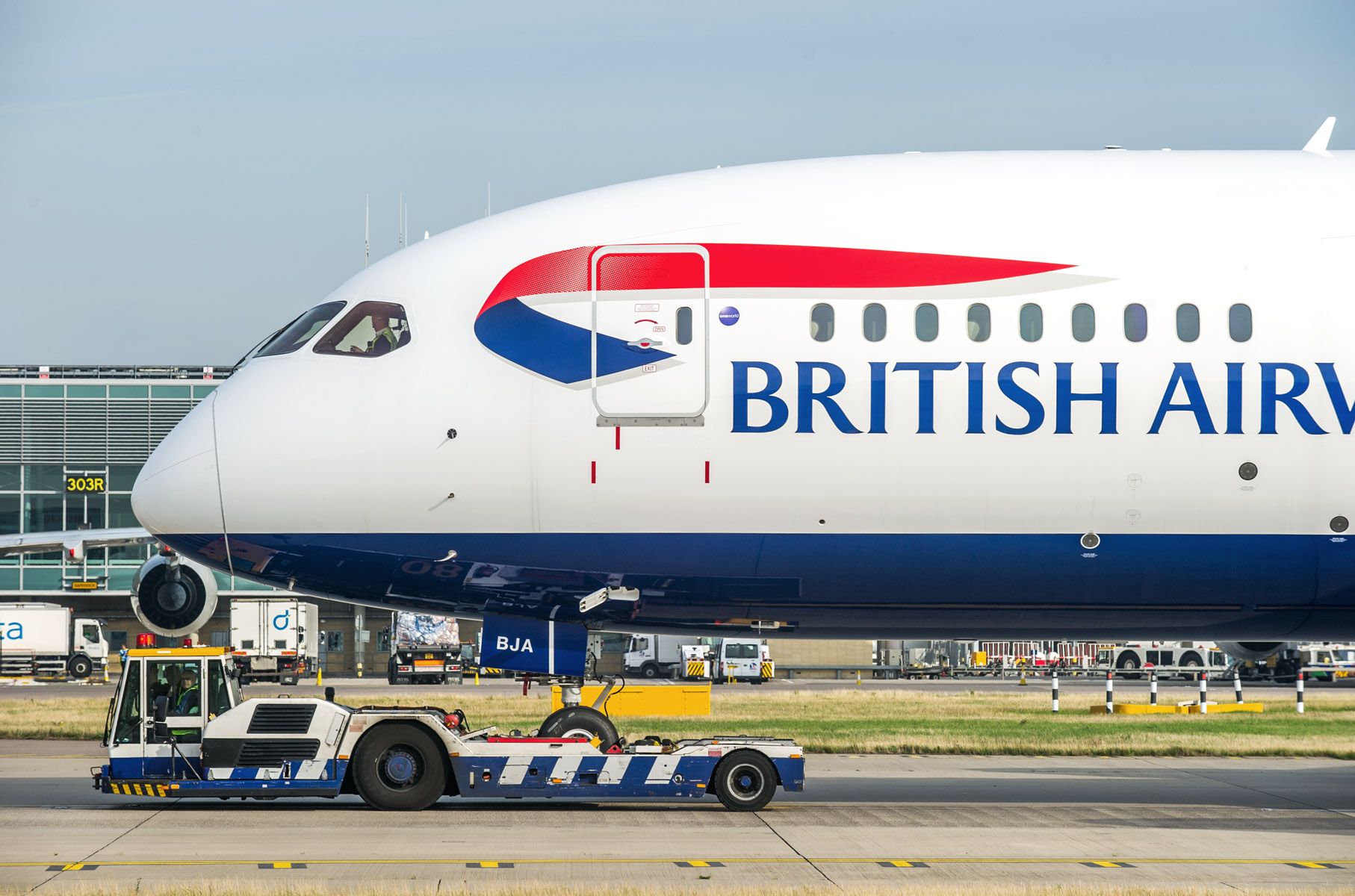Skift Tech Forum Preview: Kayak’s Chief Scientist Confident on Fare Predictions

Skift Take
There’s a lot going on at Kayak underneath the hood.
Matthias Keller, Kayak’s chief scientist and vice president of technology, helps massage the two billion consumer queries that Booking Holdings’ metasearch brand receives annually, and combines these insights with a wide variety of other data types to personalize and hone the user experience.
Whether it’s fine-tuning the best flight options for a user’s trip, or combining historical and real-time data to make predictions about airfare’s, Kayak is leveraging the mammoth amount of data is collects to tweak its offerings and introduce products.
From initiating a dialogue with Keller, it’s clear that all of this for Kayak — and for the travel industry — is a work in progress.
“As machine-learning algorithms become more sophisticated and computing power becomes more affordable, we are able to deliver bigger, more accurate models,” Keller said, referring to Kayak’s price forecast tool.
Keller isn’t shy about making boasts when called for. He argued that Kayak has “the best fare prediction in the industry” because of the company’s scale and partner diversity.
Along with Amanda Richardson, chief data and strategy officer at HotelTonight, Keller will discuss, “Beyond the Hype: Data Science That Matters.” We asked Keller a few questions about then topic in the run-up to Skift Tech Forum in Silicon Valley on June 12.
Skift: How much data do you have? Is it any good?
Matthias Keller: Kayak helps millions of travelers around the globe make confident travel decisions across the web, mobile and voice, every day. Together, with our portfolio of brands, we process over two billion consumer queries annually giving us access to more comprehensive data and information than our travel competitors do. This helps us better understand customer preference and demand, so we can ultimately make travel planning more personalized.
For instance, when you conduct a flight search on Kayak, the section at the top of your flight results page, labeled “best flights” are based, in part, on user preference. Our algorithms analyze a wide variety of historical sources that generate the best travel deals for our users within their budget. Our user experience is a key driver of our success and Kayak’s UI is continually optimized for added simplicity to enable travelers to easily find the flight, hotel, car rental or vacation package that fits their needs.
We have also crowdsourced data from travelers, for travelers. Within Kayak Trips, our free itinerary management tool, we show you approximately how long the security wait time at a particular airport will be. The time estimate is based on data from official sources like the TSA and feedback that travelers provide by reporting their wait times via the Kayak app.
Skift: We were at an event with William Shatner the other day to mark your sister company Priceline’s 20th anniversary, and someone asked him when is the best time to book a flight. Are you using big data to tell consumers whether they should buy now or wait when booking a flight? Other companies have been doing this for years. Have we gotten anywhere with all this?
Keller: Based on our benchmarks, we believe we have the best fare prediction in the industry because of our access to data from our partners and the number of searches we conduct on a daily basis.
Our price forecast tool first became available in January 2013 and we have been improving it ever since. We use historical and real-time data to analyze how flight prices on a certain route behave based on a variety of factors including days out, month of travel and week day of travel. As machine-learning algorithms become more sophisticated and computing power becomes more affordable, we are able to deliver bigger, more accurate models.
Given the complexity and dynamics of airline pricing, nobody’s predictions will ever be 100 percent certain, but by analyzing current and past flight prices, we are able to provide a confident recommendation to our users on whether to book now or wait.
Skift: How is Kayak using Big Data on the hotel side of the business and where do you see this all headed?
Keller: At Kayak, we use machine learning and AI (Artificial Intelligence) techniques to provide users with personalized hotel results based on current deals, quality characteristics of each hotel, and user preferences. By summarizing review content, delivering the most beneficial images and providing the right hotel at the right price, we are able to make more personalized recommendations for travelers.
Additionally, we have been using machine learning at Kayak for years for a variety of data cleansing and enhancement tasks, such as image recognition to tag photos based on what they represent (i.e. beaches, yoga, business centers, beds, TVs, bathrooms, etc.); automatically match and merge accommodation records; automatic review summarization; and sentiment analysis for positive and negative statements, to name a few.
The ability to surface the right content with just the right amount of information, ultimately helping travelers make confident decisions, is especially vital on newer platforms like voice, where attention spans and cognitive load can become problematic.
Skift: How has the pushback against Facebook and Cambridge Analytica affected your work? Have you talked about this in your meetings?
Keller: No, we have not been affected by this. Kayak uses Facebook as a user acquisition and a customer support medium, and does not build Facebook apps to harvest users’ data.
Don’t Miss Kayak’s Matthias Keller on Stage at Skift Tech Forum.





